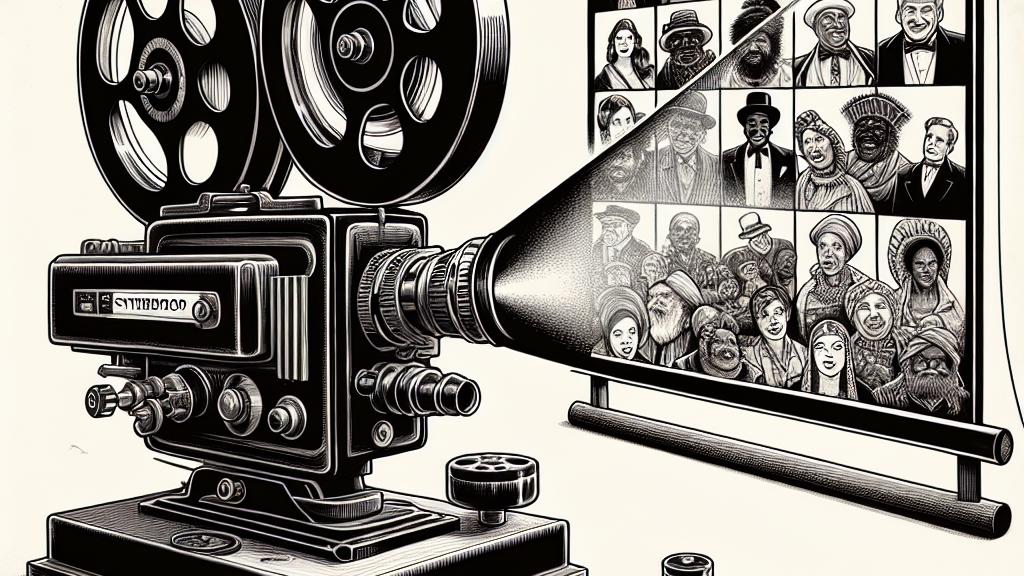The Evolution of Stereotypes: From Tiffany's to Shogun's Triumph
Overview
- Yunioshi's depiction in 'Breakfast at Tiffany's' reflects damaging stereotypes faced by Japanese individuals.
- Sanada and Sawai's groundbreaking Emmy wins symbolize a pivotal moment for Asian representation in Hollywood.
- Ongoing efforts are essential to confront and redefine harmful media portrayals.

Stereotypes in 'Breakfast at Tiffany's': A Troubling Legacy
Mickey Rooney’s portrayal of Mr. Yunioshi in the 1961 classic 'Breakfast at Tiffany's' serves as a poignant reminder of the insidious nature of stereotyping in film. This character, with his outrageous physical features and comical antics, provides more than just awkward humor; it showcases a troubling cultural narrative that reduces the complexity of Japanese identity to a caricature. For instance, Yunioshi's exaggerated behaviors reflect a longstanding bias, demonstrating how Hollywood often perpetuates harmful clichés. Bruce Lee's response to this portrayal—reportedly leaving the theater in distress—highlights its emotional impact and underscores the responsibility of filmmakers. Today, academia and critics alike view Yunioshi as a glaring example of how media can warp public perceptions, making it imperative to reassess such representations in light of contemporary understanding and cultural sensitivity.
'Shogun': A Transformational Milestone in Asian Representation
'Shogun', a recent television adaptation, stands as a beacon of hope in the ongoing struggle for equitable representation of Asian characters in Hollywood. Hiroyuki Sanada's historic victory for Best Lead Actor at the Emmy Awards marks him as the first Japanese actor to achieve this honor, underscoring a cultural shift. His powerful performance as Yoshii Toranaga not only captivated audiences but also engaged them with a rich narrative that reflects the profound depth of Asian history and ethos. Likewise, Anna Sawai's Emmy win as Best Lead Actress adds another layer to this transformative moment, emphasizing that Asian actors are not just side characters but lead roles worthy of recognition. Sanada’s heartfelt acceptance speech, stressing the importance of collaboration across cultures, resonates deeply in today’s globalized world, echoing the belief that diverse storytelling enriches media and fosters empathy among viewers from different backgrounds.
The Continuous Fight Against Stereotypical Narratives
The battle against entrenched stereotypes in media is far from over, but numerous initiatives aim to foster meaningful change. For example, the 'Japan Now North' initiative, organized by the University of Sheffield, actively works to dismantle simplistic views of Japanese culture by showcasing artists, filmmakers, and writers who bring a multifaceted perspective. This program not only enlightens participants but challenges them to see beyond caricatures, illustrating that every culture possesses layers of complexity. Meanwhile, the conversation around Latino representation reiterates similar sentiments; studies consistently reveal that a lack of visibility can lead to harmful stereotypes perpetuated through misinformation. As articulated by Rep. Joaquin Castro, enhancing positive representations benefits not only the affected communities but also society as a whole by fostering authentic connections. Ultimately, by embracing diverse narratives and amplifying authentic voices, we can reshape societal perceptions and pave the way for a more inclusive media landscape.

Loading...